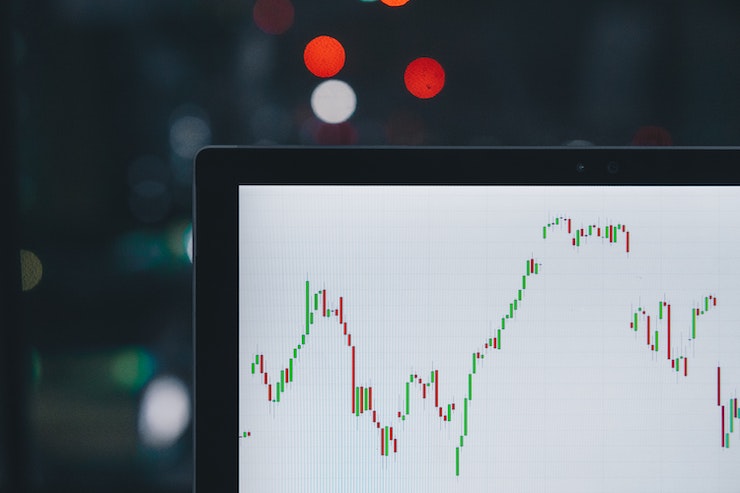Currency markets have grown significantly in the last one decade and have thus become a lucrative investment channel for many people who are average risk takers and yet want a bigger return on their capital. Sometimes called forex trading, currency trading operates on the basic principle of buying low and selling high. The only difference in this case is that the individual is buying currency and not goods or services. As is common with stocks, the price of buying and selling currencies fluctuates regularly, availing an opportunity for the shrewd investor to make huge profits. The concept is as simple as basic arithmetic, such that everyone, just about anyone, can grasp and master it to stardom.
The beginning point of currency trading is education through research and consultation, whereby the investor learns all there is to learn about the currency markets. The internet is rich with such materials and reports but alternatively a local investment adviser and shrewd investors with the experience can be consulted. After learning, the next step is to specialize in just a few currencies, basically because the world is full of currencies most of which you can’t track closely. Zero in on a few and learn their trends by heart. At this stage it is advisable that you get yourself one of the numerous currency trading software available in the market. This will be a useful tool to monitor, evaluate, and analyze the forex markets until and even after you adequately master the game.
Start by predicting trends in the market every morning and evaluating your accuracy every evening. Before you put your money out, ensure that
